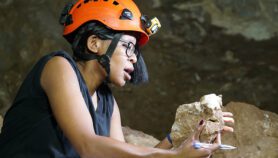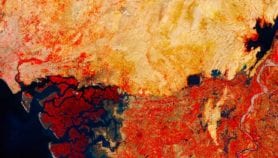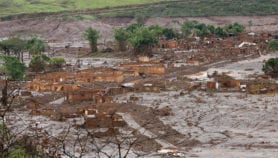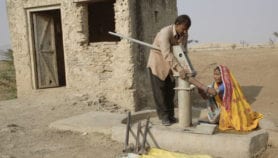By: Luisa Massarani
Send to a friend
The details you provide on this page will not be used to send unsolicited email, and will not be sold to a 3rd party. See privacy policy.
[RIO DE JANEIRO] In the wake of hundreds of deaths caused by torrential rains and mudslides in Brazil, the country’s scientists have said they are frustrated by a lack of application of their knowledge, which could have prevented many deaths.
In Rio de Janeiro, 650 deaths had been recorded by Monday (17 January), following one week of rains.
Although Brazil has the scientific know-how for preventing and managing floods, the government is failing to harness it adequately, scientists say.
"The problem is that the government does not use properly our technical, scientific and human capacity for reducing the impact of the disasters," Luiz Pinguelli Rosa, director of COPPE, the Alberto Luiz Coimbra Institute — part of the Federal University of Rio de Janeiro — which specialises in disaster and risk management research, told SciDev.Net.
There are research groups that work on these issues in Rio de Janeiro, São Paulo, Santa Catarina, Paraná and other states. But, according to Pinguelli Rosa, in most of the cases the relevant studies are not being put in practice.
"In Rio de Janeiro, Geo-Rio [the state official weather forecast] was created after the disaster caused by the 1966 and 1967 floods and has played an important role in reducing the consequences of intense rainfall, but its efforts are not enough," he said.
Debarati Guha-Sapir, director of the WHO Collaborating Centre for Research on the Epidemiology of Disasters, told SciDev.Net: "Brazil is an advanced country with very good technical schools, engineering faculties and universities, so it is hard to imagine that technical expertise is lacking".
"Political will reflects politicians’ concerns with people’s priorities. Floods have not been a problem in Brazil now for many years, so flood control has not been a priority for some time," said Guha-Sapir.
But there are some success stories, such as Areal, a town of 10,000 inhabitants, where there have been no registered deaths so far although 800 people are without shelter. This was possibly because of a quick alert sent by the village mayor, Laerte Calil, through a community radio, asking people to evacuate the area.
Scientists said that people often ignore evacuation warnings, a problem also faced with cyclones in Bangladesh.
Jorge Pimentel, a researcher at the Geological Survey of Brazil, told SciDev.Net that "even when they are requested to evacuate the area, they prefer to stay in their houses since they are afraid that burglars will pillage their houses". Also, people who live with this risk on a daily basis can get used to it and fail to act when a disaster finally strikes, he said.
Aloizio Mercadante, science and technology minister told the Brazilian website UOL that around five million people live in some 800 high-risk areas in the country. He added that in four years time an integrated flood warning system will be fully working in Brazil, with the most susceptible area getting a working system as early as January 2012.













